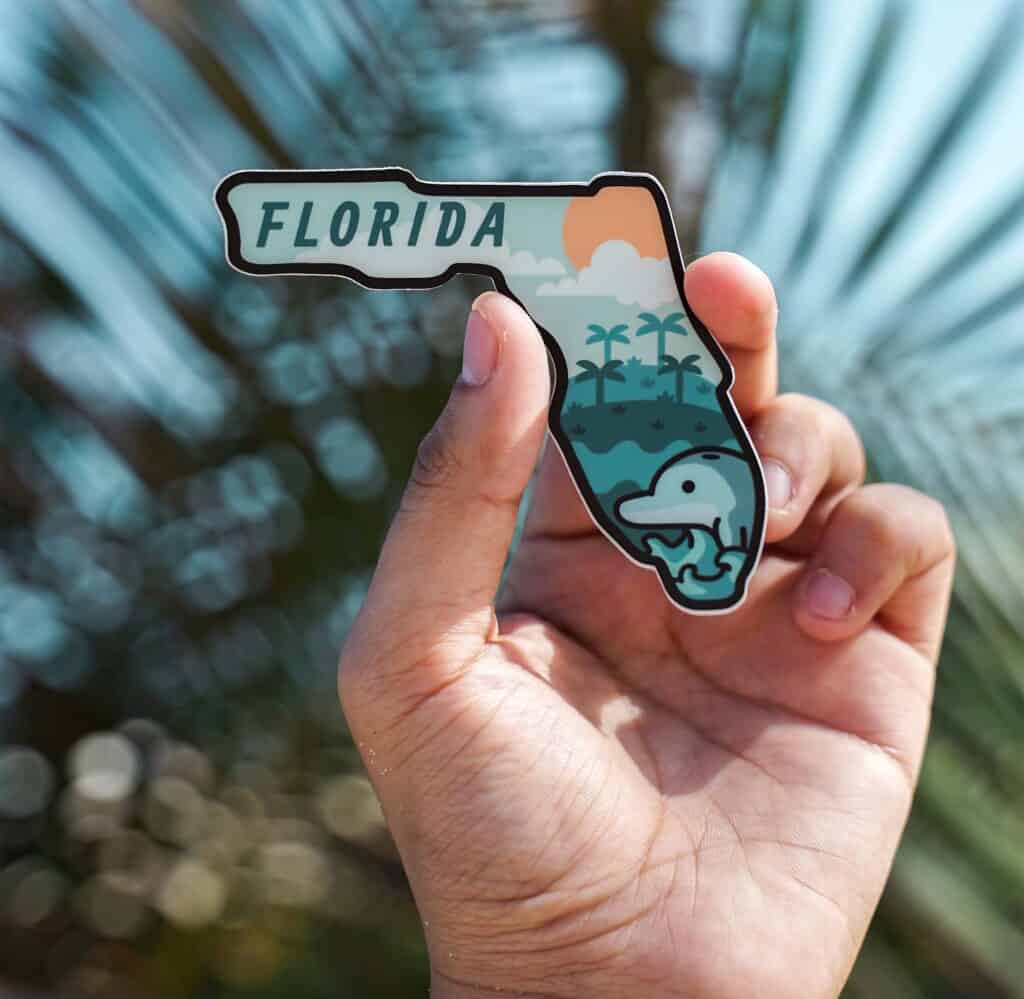
How Floridians Can Invest Money Saved on Taxes
By: Josh Duncan
I live in Southern Florida, and I love it. The great weather, the parks and beaches, a top-performing education system, and taxes lower than most states are the main reasons to love living here. In fact, Florida’s state tax rates are a big reason people are migrating to Florida from other areas of the country; a family moving from California or New Jersey can save significantly on taxes by moving to the Sunshine State.
So, what should Floridians do with the money saved on taxes? Here are my top considerations for how Floridians should invest all those dollars they don’t have to pay to the taxman.
FLORIDA’S FAVORABLE TAX LAWS
In Florida:
- There is NO state tax on personal income
- There is NO state tax on estate distributions
- There is NO state tax on inheritances
- There is NO state tax on intangibles (like investments)
Compared to states like California where a head of household making $350,000.00 a year will pay nearly $28,000.00 annually on personal income taxes, Florida’s tax laws offer considerable savings for individuals and families.
HOW FLORIDIANS SHOULD INVEST MONEY SAVED ON TAXES
Mainstream media tells us continuously that we should be afraid of the ups and downs in the stock market because the economy and world are about to implode. Inflation is up, unemployment is high, the wind is blowing the wrong way, and any other way to scare us. This could not be further from the truth. It’s alright to be afraid but only when the fear is based on truth.
- Put it toward an emergency fund. I know this isn’t a sexy or flashy way to invest your money, and I probably sound like the little ant who harped on the grasshopper, but an emergency fund is the best way to protect yourself in the face of the unexpected. Big life events can be catastrophic to a person’s finances, but even seemingly small emergencies, like a broken vehicle or stolen property, can financially cripple someone without an emergency fund. Since Floridians contend with flooding, hurricanes, and even droughts, it’s important to have cash on hand should a storm knock a cypress tree onto your roof. Having six months of living expenses in your emergency fund is a good rule of thumb.
- Save for retirement. Again, an obvious answer that makes me sound like I’m no fun, but as a financial advisor I have to tell you like it is—putting those tax savings toward your nest egg will deliver what we at F5 Financial call a life of “freedom and significance.” Retiring in Florida won’t be much fun if you can only eat at restaurants that offer 2-for-1 specials. The more you save now, the more comfortable you’ll be when retirement arrives. Plus, contributing to your retirement account can help save on federal taxes!
- Invest in a Health Savings Account (HSA). A health savings account is the only real tax-free money that you can obtain, as long as the money is spent on qualified health expenses. The money is deducted from your paycheck before federal or state taxes are applied. Provided the funds have been invested, while the money sits in your HSA it grows tax-free. If you leave it there until you’re 65, you won’t have to pay taxes on it at all. Just remember to actually invest the money—too often, people put money into their HSA without realizing that money can actually earn for them. When used correctly, HSAs can be a valuable investing tool.
- Put it toward education savings. Putting your tax savings into a 529 plan is a tax-free way to invest your money, provided the funds are spent on qualified education expenses. The money can be put toward college or K-12 tuition and is a great way for parents or grandparents to help the children in their family get a head start in life.
But let’s say items 1-4 are fully funded. What then should a savvy Floridian do with their tax savings?
5. Invest in Real Estate. Real estate investing is rarely one of the first investment methods a financial advisor will ask you to consider because it minimizes your diversification. However, when you’ve maxed out all other areas for growth, feel free to pursue real estate, especially in Florida where the market is usually lucrative. If you’re not ready to purchase an entire property, consider buying a real estate investment trust, or REIT. This is like buying stock in property, instead of owning it entirely. REITs Across America provides information on available REITs in Florida that you can explore if this type of real estate investing appeals to you.
6. Start a Business. Florida is one of the friendliest states for starting a business because start-up costs are low compared to other states. In fact, WalletHub recently ranked Florida as the #4 state to start a business due to factors like small business growth, accessible financing, and availability of human capital. So if there’s a business idea you’re passionate about that you’ve been mulling for a while, consider building a company around it in the Sunshine State.
It’s advised that you discuss investments with your financial advisor before leaping into anything, but he or she will likely be on board with your decision to reinvest tax savings with methods 1-4 listed above.
If you have questions about the investment methods outlined in this article or want to discuss investment management, feel free to contact me at F5 Financial’s Venice, FL office or directly book a meeting with me at this link.
Photo credit: Done by Alex on unsplash.com
Most recent Fearless Advisor post:
A Step-By-Step Plan to Reach your 2022 Financial Goals
